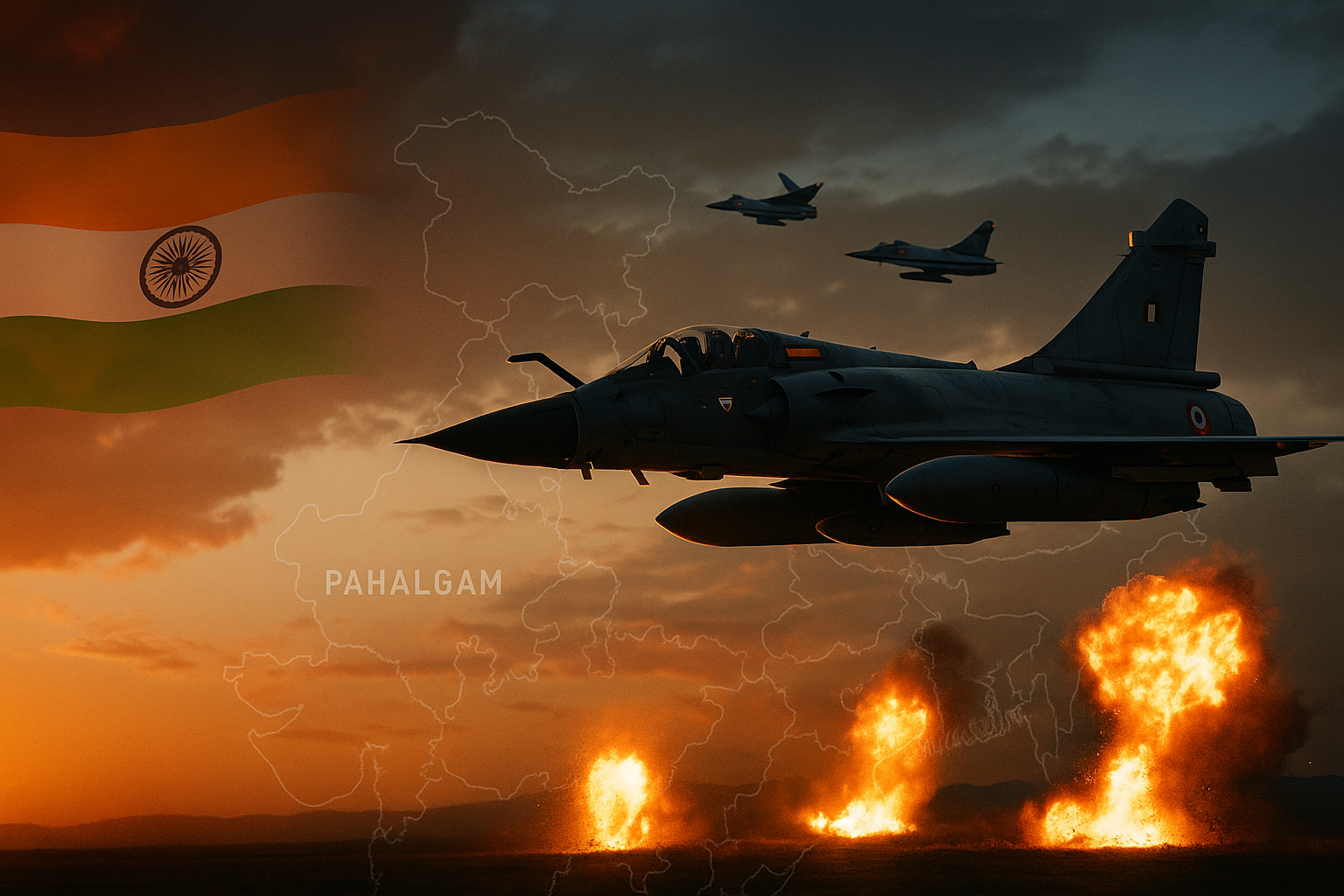
In a powerful retaliation to the Pahalgam terror attack, India launched a targeted military operation called Operation Sindoor in the early hours of May 7, 2025. The coordinated tri-services strike targeted nine terror camps located across Pakistan and Pakistan-administered Kashmir, marking one of India’s most significant counter-terror responses in recent history.
Pahalgam Attack: A Tragic Day in Kashmir
The Pahalgam attack, which occurred on April 22, 2025, in the picturesque Baisaran Valley of Jammu and Kashmir, left the nation in shock. Five heavily armed terrorists opened fire on tourists, killing 28 civilians, including 25 Indian nationals and one Nepali tourist. The attackers deliberately targeted non-Muslim tourists, turning a place of peace into a scene of horror. A local pony operator who tried to save others was also gunned down.
Initially, The Resistance Front (TRF), a Pakistan-based terror group, claimed responsibility, but later retracted their statement, raising further questions about the involvement of deep state actors in Pakistan.
What Is Operation Sindoor?
Operation Sindoor is India’s official military response to the Pahalgam killings. It began precisely at 1:44 AM IST on May 7, 2025, and involved coordinated strikes by the Indian Army, Indian Air Force, and Indian Navy.
✅ Key Highlights of Operation Sindoor:
- Nine major terror sites targeted across Pakistan and PoK
- Locations included Muridke (Lashkar-e-Taiba HQ), Bahawalpur (Jaish-e-Mohammed base), Muzaffarabad, and Kotli
- Strikes were measured, precise, and non-escalatory—avoiding Pakistani military assets
- Carried out with satellite-backed surveillance and real-time intelligence
The strikes were carried out after Prime Minister Narendra Modi gave security forces a free hand to choose the timing and nature of the retaliation during a top-level security meeting on April 29.
Pakistan’s Reaction and Escalation
Pakistan condemned Operation Sindoor, labeling it an “act of war.” Pakistani authorities reported eight civilian deaths and over 35 injuries, including children. They also claimed to have downed Indian aircraft and captured soldiers, though no official confirmation has been provided.
In retaliation, Pakistan launched a limited strike on an Indian Army post, resulting in minor injuries. However, the Indian government reiterated that their operations were specifically aimed at neutralizing terror infrastructure, not at provoking war.
International Reactions: Calls for De-escalation
The United Nations and major powers like the United States, Russia, and France have expressed concern over the possibility of escalation between the two nuclear-armed nations.
UN Secretary-General António Guterres urged both sides to maintain restraint and emphasized the global risks of a military confrontation. The U.S. described the situation as “deeply concerning” and advised diplomatic dialogue.
Strengthening Domestic Security Post Pahalgam Attack
Following the Pahalgam attack, the Indian government has initiated several steps to ensure civilian safety and prevent future attacks:
- Permanent deployment of Army and paramilitary forces in sensitive areas of Kashmir
- Increased security for the Amarnath Yatra, scheduled to begin on July 3
- A national-level emergency drill named Operation Abhyaas was launched on May 7 to test civil defense readiness
Political Reactions: United Front Against Terrorism
Across political parties, Operation Sindoor received widespread support. Defense experts have lauded the Indian Armed Forces for their precision, planning, and swift execution.
According to defense analyst Major General (Retd.) Anil Sharma, “This was a classic example of a limited but high-impact strike that demonstrates our capability and resolve.”
Conclusion: Operation Sindoor Sends a Strong Message
Operation Sindoor is not just a military maneuver; it’s a strategic message to those who sponsor cross-border terrorism. By striking key terror infrastructure without escalating into full-scale war, India has reinforced its zero-tolerance policy against terrorism.
As tensions continue along the Line of Control, India remains on high alert. The operation has undoubtedly shifted the regional narrative and put terror outfits and their backers on notice.




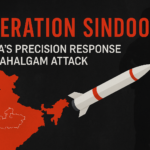

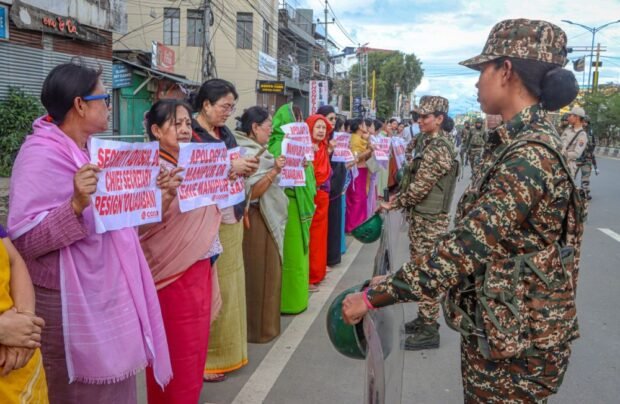


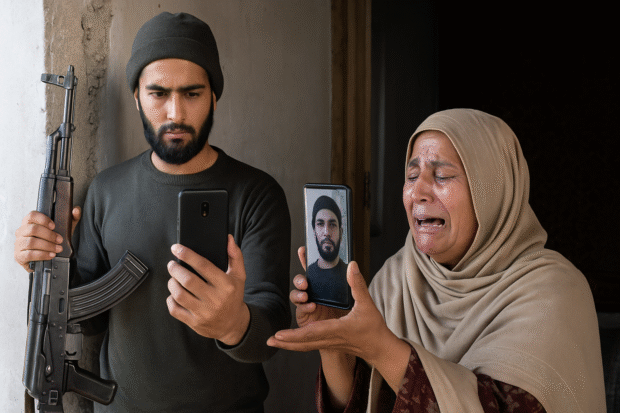
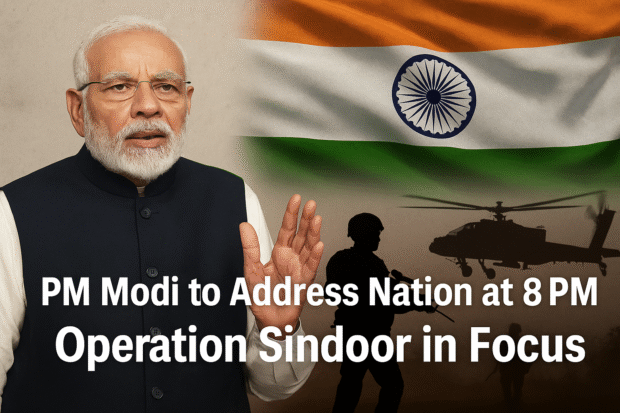




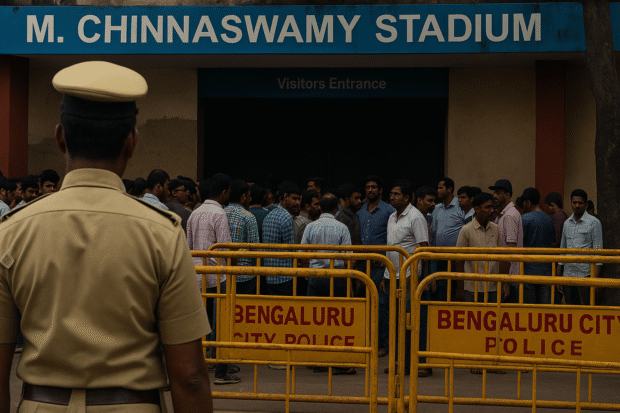
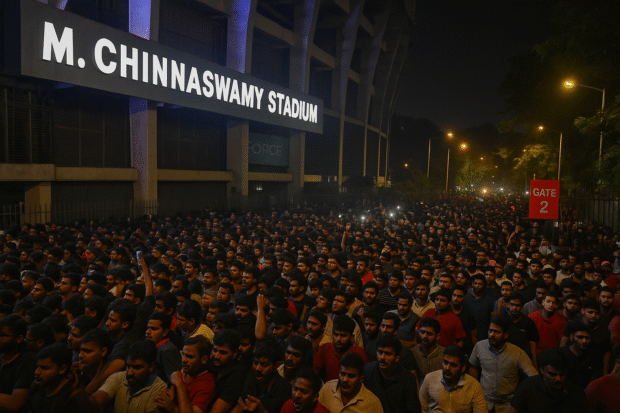

Be the first to leave a comment